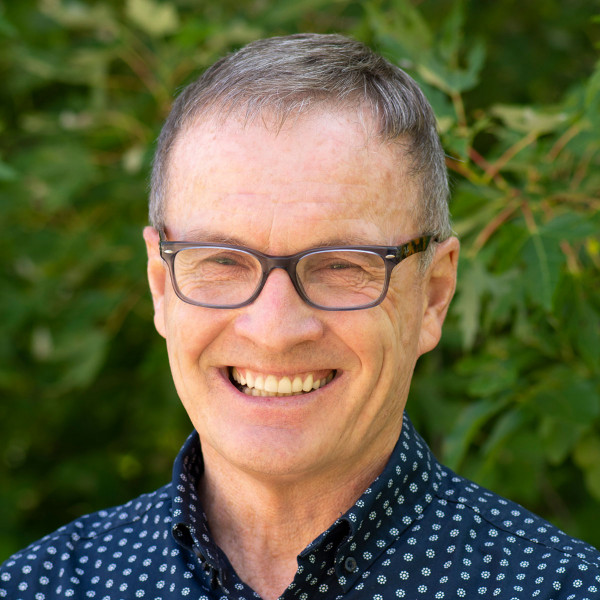Search
Search
Dr. Robert Teasell
Dr. Robert Teasell, MD, PhD, FRCPC
Acting Chair, Physical Medicine and Rehabilitation
Acting Scientific Lead, The Gray Centre
Dr. Robert Teasell is a physiatrist at Parkwood Institute, a Professor in the Schulich School of Medicine and Dentistry at Western University, is the acting Chair for the Physical Medicine and Rehabilitation department and the acting Scientific Lead for The Gray Centre. He is a Clinical Researcher with Lawson Health Research Institute, Parkwood Institute Research and Director of the CORRE Research Group.
Dr. Teasell has authored over 800 publications including over 350 peer-reviewed articles and has been involved with $24 million of research funding. He has won over 50 awards including Lawson Scientist of the Year, and Post-Acute Stroke Excellence Award, both in 2018, American Congress of Rehabilitation Medicine and National Stroke Association in the United States.
